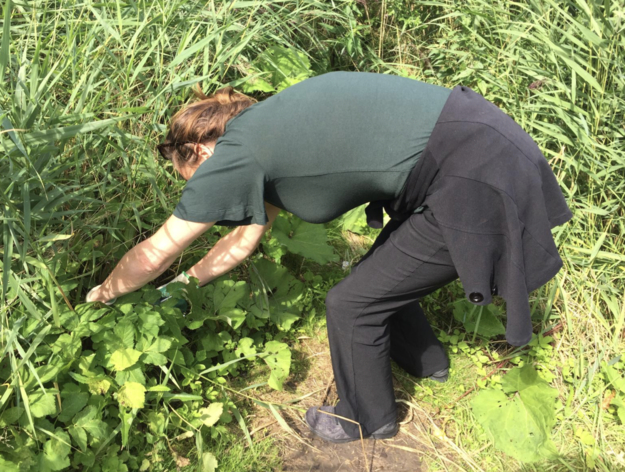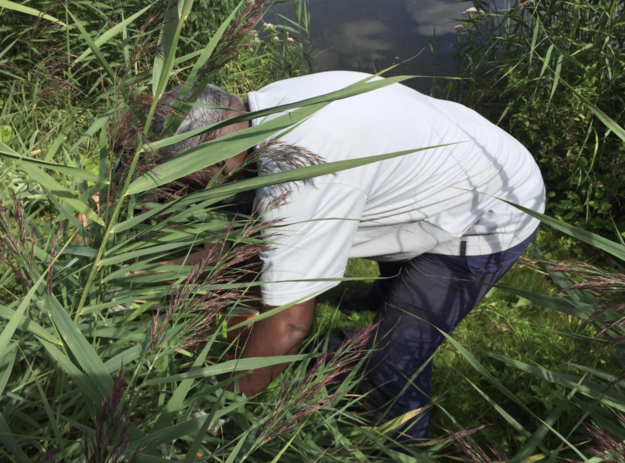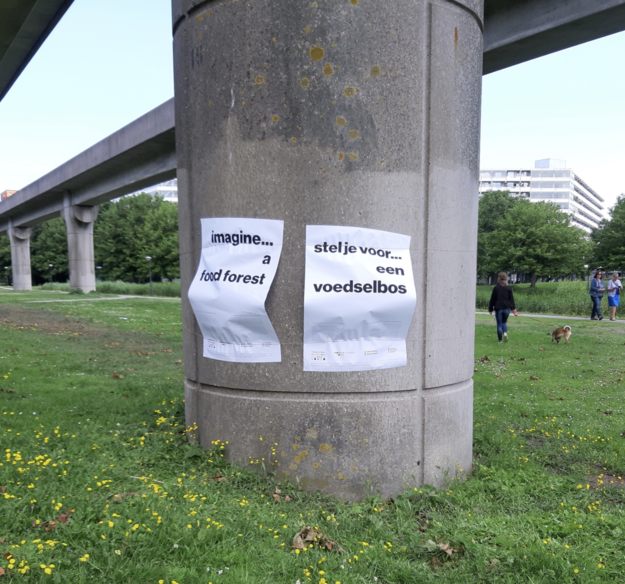Who can participate and with what:
Artists, architects, designers, urban planners, civil servants with their own (WIP) projects case studies, and municipal field labs are welcome – or will be invited. A multidisciplinary jury will set up quarterly challenges in e.g. (bio)diversity, project accessibility, democracy, and long-term project sustainability.
What does the project produce:
The underpinning spirit of the project is to develop a critical but supportive project community that shares vocabulary and skills for operationalising works in the public space.
Let’s take this outside (LTTO) aims to make our public space/ecological/social works more effective and to build lasting frameworks for producing them. The challenges given to the project teams will produce critical discussion backed by lived experience.
theory + practice = praxis.
LTTO praxis duels will develop insights and empirics that when shared can produce better working conditions for artists/makers in the future. Contributing concise theoretical materials, workshop inoculations and debates that can be accessed later, the project consists of collaborative mentoring and shared research.
Each duel lasts a minimum of 4 months.
The context of the duels is the cultural sector and its practitioners, specifically social designers, artists involved with the natural world, art and design collectives, and various communities of practice.
Example challenges and questions for project teams could include:
-
- sustainability: can we eat it? how does this improve our conditions? can we collectivise it? can we de-commodify it? does the project produce real nutrition? how can we make meaningful metabolic improvements to this work?
-
- diversity: who is the audience, who are the participants? how might diversity in all forms in this project be improved? who benefits from this project being produced? who/what could be harmed?
-
- project continuity: what is the project’s legacy financially, socially, politically, and ecologically?
-
- socio-ecological effects and thinking: what ideas does the project transform or perpetuate? which thinking will help this project move forward?
-
- tactical strategies: engagement with governance infrastructures or resort to guerrilla and grassroots powers? what works best in this instance and why?
Why is Let’s take this outside interesting for Mediamatic?
As a cultural institution, Mediamatic has a legacy of supporting makers from diverse disciplines developing innovative work. But the uneven effects of our ongoing crises of climate and democracy require new forms of engagement and collaboration within both the cultural and the public sectors. Mediamatic’s current and ongoing interests in bio-art, food production, conservation ecology, and materials innovation would be benefitted by – and would better benefit hosted projects, if aided by the theoretical underpinnings tested by praxis duelling. Let’s take this outside aims to be a playful, theoretical, multi-directional mentoring field that can ground and operationalise all of our work.
Project costs per duel, exclusive of overall overhead and communication costs.
€ 30k per round, divided evenly between 2 teams and the jury. All efforts would be made to make the experience fair/non-extractive in terms of time and effort. Teams would be encouraged and aided in materials circularity. The jury’s aim is to be constructive, offering theoretical challenges that are project-appropriate and achievable.
Project sustainability: Let’s take this outside: duelling praxes
In this spirit of what’s good for the goose is good for the gander, the LTTO project (and jury) can also participate in the praxis duels. The LTTO project can generate continuity by forging (long term) collaborations with academic research groups, municipal field labs, and with art, design, and architecture departments. Though the latter (art/design academies) will not provide any funding, both the academic research groups (e.g. the Centre for Urban Studies) and the municipal field labs can be a source of seed funding and 2 year subsidies respectively.
This plan is published in the context of the Penny for your Thoughts program 2021. Read more about it here.
Below are images from the Urbaniahoeve initiated project Amsterdam Zuidoost Food Forest. The 55 HA is a collaboration between Amsterdam Zuidoost locals, the municipality of Amsterdam, and the public space ecosystem.


